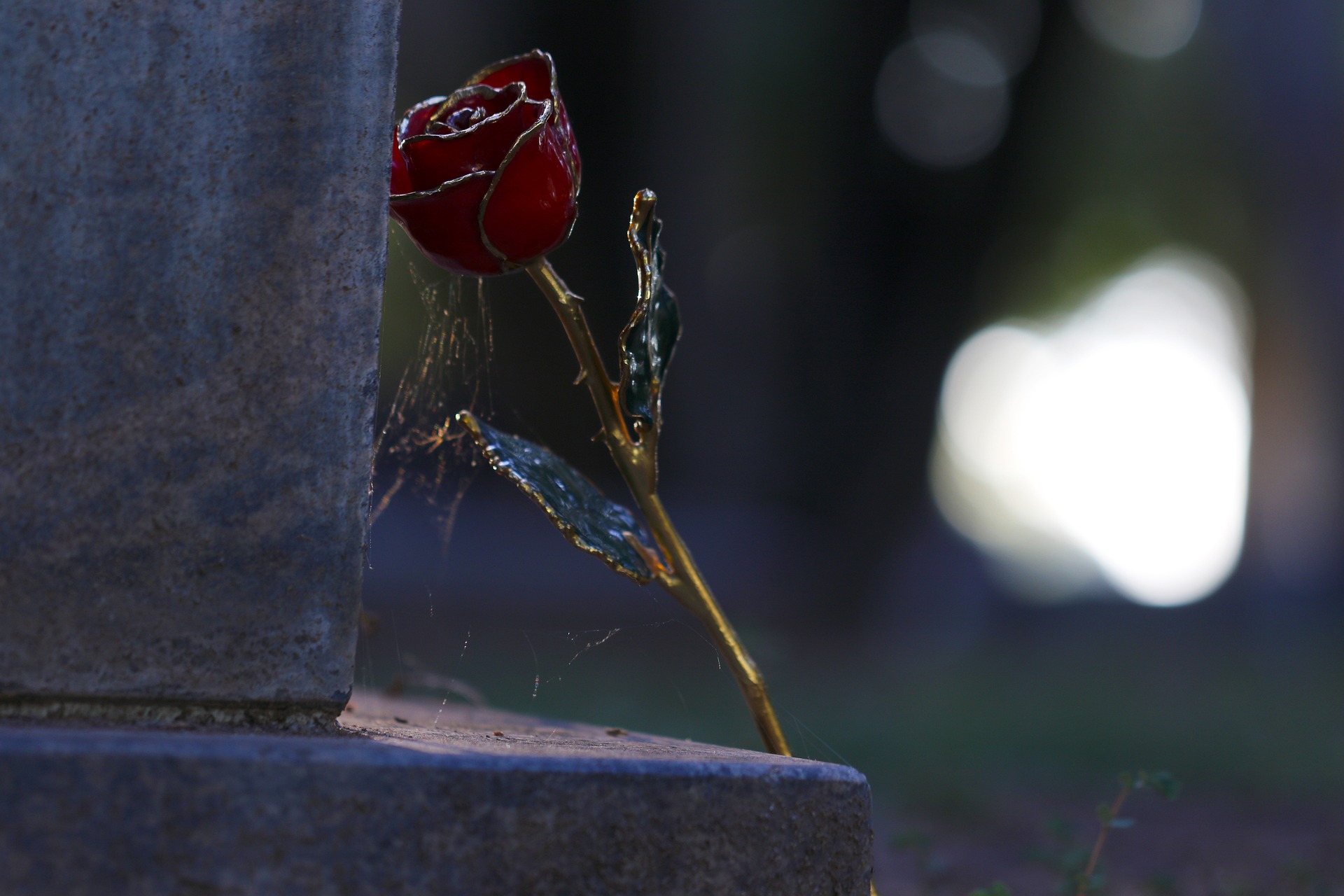We are sad to announce the passing of Professor Gerald Rickayzen
Professor Gerald Rickayzen died on 7th February 2023 at the age of 93 after a long and distinguished career as a theoretical physicist, teacher and academic administrator. An outline of his extensive contribution to Physics and the University of Kent is provided below; we offer first, however, brief personal reflections from two of his former colleagues.
John Strange, Professor of Physics and a former Head of the Physics Laboratory (- the original manifestation of Physics at the University) recalls the day on which he met Gerald:
“I first met Gerald during the summer of 1964 on a hike in Ithaca [New York State, USA] organised by the Physics Department of Cornell University where he was a visiting academic and I was a post-doctoral research fellow. Gerald had a two year old son, Ben, on his shoulders and was accompanied by his wife Gill and their three other children, Alan, Sonia and Asher. Throughout his life he was a devoted family man. Gerald and I met again in the post room of Cornell Physics Department a few days later and were amused to find that we had both applied to join the academic staff of the new University of Kent.
“Whilst at the University of Kent, he lived in Blean and was known among friends and colleagues for the social activities in his large garden that included admiring the Rickayzen flock of sheep that kept his extensive lawn in trim. His family were keen amateur musicians. Gill, with Gerald’s support, organised ‘Monday Music’ which provided lessons and other musical activities for all ages. Gerald played the cello and Gill the viola and they hosted musical evenings with others to form string quartets, playing chamber music together. Gerald was a member of the University symphony orchestra for many years.”
Another former colleague, Professor Bob Newport, writes fondly of Gerald:
“I knew Gerald as a man to look up to: a man of honesty and integrity, with a gentle spirit, a mind as sharp and perceptive as any I’ve encountered and with a strength of character and conviction surpassed by no-one. Having said that, my first exchange with Gerald was a distinctly unsettling one – he chaired the large interview panel arrayed before me on the happy day I was offered a junior lectureship in John Strange’s department; Gerald, in his role as Deputy Vice Chancellor, was standing in for the VC. That was in 1985. For more than a decade thereafter I learned from his example and revelled in the lively and wide-ranging coffee-time conversations we were a part of within the original Physics Laboratory (now the Marlowe Building). He was a genuinely inspiring academic leader and his voice was one of the few I relied upon during the tumultuous days of 1997 when the Physics Laboratory and its sister Chemical Laboratory were greatly reduced in size and merged into the School of Physical Sciences. (I had been appointed the School’s first head of department.) We lost touch after his move back to London, but that distance doesn’t lessen the sadness I felt at the news of his death.”
Additional material from John Strange:
Gerald Rickayzen joined UKC, the University of Kent at Canterbury, in the summer of 1965 as Reader in Theoretical Physics from Liverpool University bringing with him a research fellow, Dr W.A.B. (Alan) Evans who later joined the physics staff as lecturer. (Sadly, Alan also died recently.)
Gerald was responsible for teaching the core course on waves to the first and subsequent intakes of science students. Teaching was important to him and he contributed to various courses throughout his career, at all stages from the introductory to advanced postgraduate theoretical physics. He was an extremely clear and sympathetic teacher. From his arrival in Canterbury he was involved with education at all levels and in the mid 1960’s he was a leading light in the local branch of CASE, the Campaign for the Advancement of State Education.
He already had a distinguished research career when he arrived at Kent, having worked on the theory of superconductivity with Bardeen (the B of BCS theory that explained this phenomenon of superconductivity) and was the author of an advanced textbook on the theory of superconductivity. He also published a postgraduate-level textbook on Green’s Functions and Condensed Matter in 1980. His research interests at Kent were focussed on many-body problems, superconductivity, superfluidity and the theory of colloids. In later years he collaborated with David Hayes and colleagues Jack Powles and Alan Evans on computer simulation, molecular dynamics and the theory of liquids. He worked with a number of research students and post-doctoral research assistants throughout his career.
It was shortly after his arrival at Kent that he was promoted to a personal chair in theoretical physics, which he held until retirement, and was awarded a Research Professor position 1994 -96 on retirement. Thereafter he was Emeritus Professor of Theoretical Physics and continued to be active in research, in collaboration with Jack Powles. In 1974 he had followed Jack Powles as Director of the Physics Laboratory but relinquished that in 1976 to become Dean of the Faculty of Science until 1980 when he was appointed Pro Vice-Chancellor. From 1984 to 1990 Gerald was the Deputy Vice-Chancellor. His contribution to the work of the University of Kent, to science and more generally to Canterbury was immense and we can gratefully celebrate a long and successful life of one of the University’s first members.

